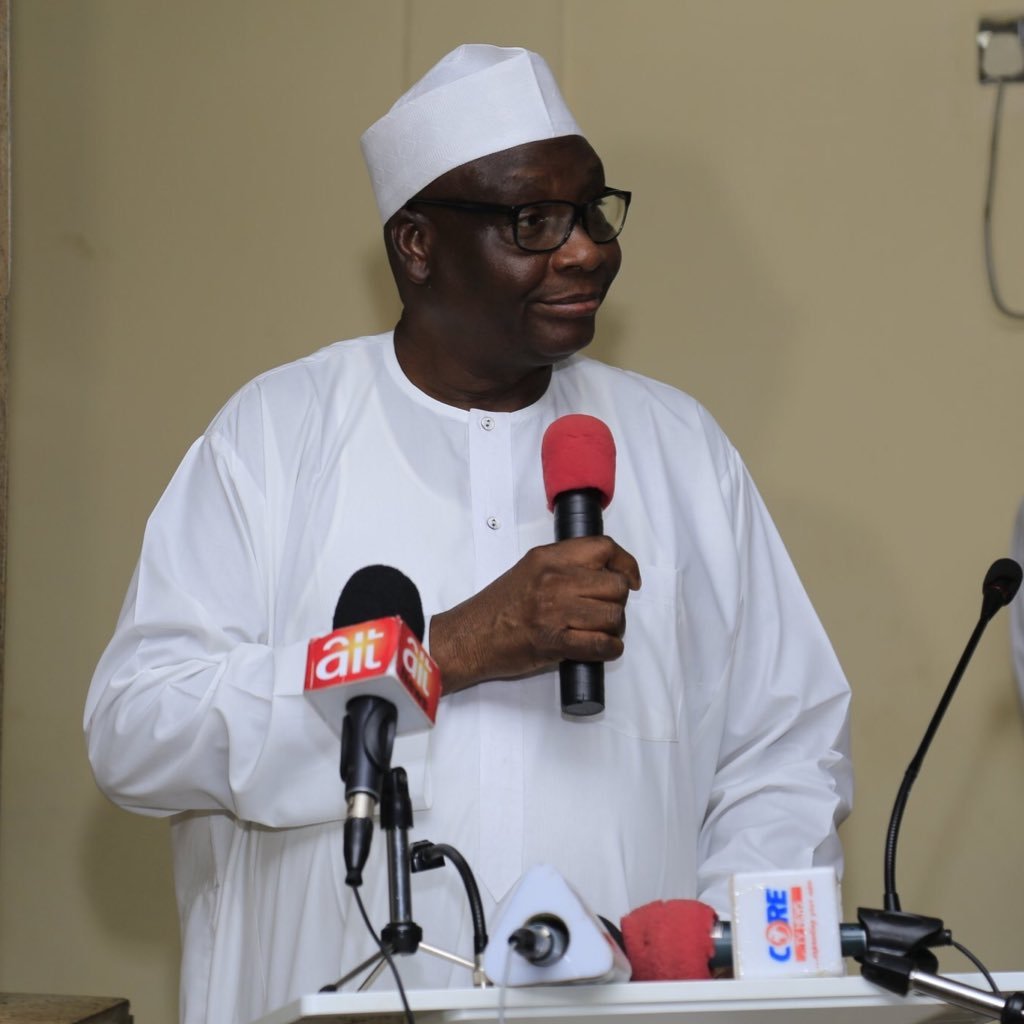Financial inclusion and provision of sustainable energy is at a turning point in Africa’s largest economy, Nigeria. With a population of over 200 m
Financial inclusion and provision of sustainable energy is at a turning point in Africa’s largest economy, Nigeria.
With a population of over 200 million, about 50 per cent of the total population live in rural areas, and only 39 per cent of those living in rural communities have access to electricity. This is in addition to over 40 per cent of the
entire population who are financially excluded or underserved.
However, the proliferation of digital financial services in Nigeria – powered largely by growth in fin-tech companies – has catalysed an unparalleled increase in the current number of people with access to formal financial services, while further opening up opportunities to address power supply challenges across rural communities; a major feat instrumental towards achieving the broad Sustainable Development Goal 7.
With over 200 fin-tech companies in operation within its borders, Africa’s largest economy has found a way to target and capture over 40 per cent of its financially excluded or underserved population.
In a conversation with Adebola Sanni, co-founder, Infibranches Technologies and the Group Head, Business Development & Partnerships at Swifta Systems and Services, she highlighted the growing awareness about the transformative power of fin-tech and how if properly harnessed can help address both problems of financial inclusion and the more pressing sustainability challenges in the area of affordable and reliable power supply needed to drive the growth of local economies.
“Fintech has increasingly provided innovative ways to address existing gaps in the availability, accessibility and use of finance particularly among the unbanked population. By leveraging the proliferation of technology, agent banking and mobile money solutions now offer affordable, instant, and reliable transactions, savings, credit across rural communities where no bank had ever established a branch.
Similarly, about 75 million Nigerians who mostly fall within the financially underserved or excluded demography live without reliable electricity access as the existing electrical grid serves largely the country’s urban population.”
“We understand how pivotal the provision of sustainable power is to driving growth of local economies in rural communities and by extension the need to boost financial services penetration across these communities. These are both enablers for catalysing positive transformation and driving sustainable economic progress across the country.”
Adebola, a leading business strategist and technology consultant also said, “To address these challenges, we believe distributed energy solutions that leverage digital payments will open up opportunities to reach the underserved market at low cost.”
We partnered NGOs, including Shell Foundation, USAID, to extend agent networks together with off grid energy providers in 2019 where we set up about 200 agent locations across Nigeria, identifying communities across the rural and peri-urban regions with needs for both power and financial services. We also partnered renewable energy companies such as Green Light Planet (Sun King), D.Light Solar, Sosai, PAS BBoxx, Konexa to set up payment points necessary to expand access to highly subsidized power for such communities.
“This solution provides affordable home solar systems to rural communities with an affordable and convenient payment structure where beneficiaries pay as low as N500 (less than $2 dollar a month) which allows for people to pay off the cost in a year to fully own the solar equipment.”
Till date, over 400,000 people have been impacted across 22 States and 108 local government areas in Nigeria through various initiatives supporting energy access especially in rural areas. The addition of the ‘Solar Power Naija project' by the Federal government initiative under the Economic Sustainability Plan (ESP) and managed by REA, for off-grid communities, will further expand energy access to 25 million individuals through the provision of Solar Home Systems (SHS) or connection to a mini grid. This is a good initiative to help expand energy access faster.
One of the success stories underpinning how providing innovative energy solutions can transform communities is the Havenhills mini-grid project in Kigbe community located in Kwali Local Government Area Council, Abuja. Before executing the project, the Kigbe community with geographical limitations had no electricity as they were completely off-grid. The project upon completion delivered a 20KW solar enabled mini-grid through 3km 3-phases and 1-phase grid lines to 145 homes, enabling them to power basic electrical appliances such as light bulbs, fans and TVs.
The project also supports 5 local businesses including a barbing salon, grocery store and viewing center. As part of creating sustainable economic empowerment, Adebola Sanni, who has strong passion for financial inclusion and energy access, has facilitated the implementation of a pioneer digital infrastructure that supports micro insurance,
pension and savings providers and the first API infrastructure that aggregates renewable energy products and services making them accessible to any payment service providers, banks and other financial and non-financial institutions.
She is vastly experienced in driving growth, creating market focused products and providing innovative solutions to businesses in Financial Technology, eCommerce, Telco and Private/Publics sectors as well creating partnership opportunities for growth.


